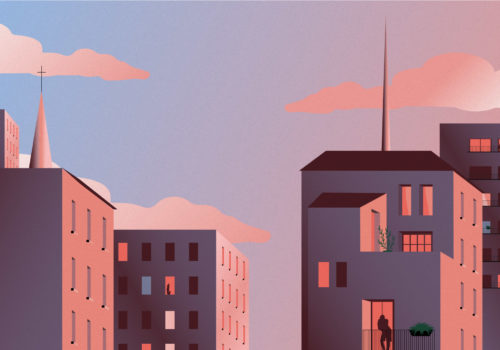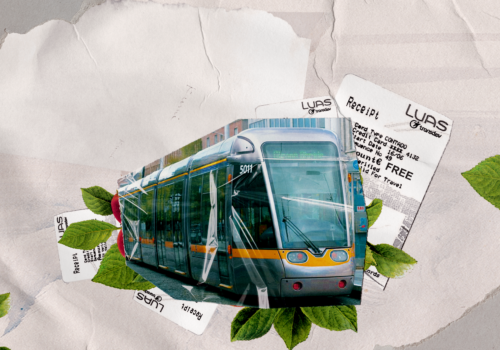The Case for Decriminalising Drugs in Ireland
Words: Ellen Kenny
Art: Jan Walsh
As drug use increases and the benefits of drugs in hospitals and homes become more clear, Ireland must realise it has an obligation to end drug prohibition. Soon.
It can’t be denied that Irish people are using drugs more. The Health Research Board reported recently that, while cannabis use is declining, use of drugs like cocaine and opioids is on the rise. In June, they reported that 27 per cent of young people have taken drugs recently alongside a 170 per cent increase in young people treated for cocaine use in the last three years.
At this point, drugs are no longer reserved for underground subcultures – It’s a mainstream weekend activity. With that in mind, harm reduction has become a focal point of conversation. Even the HSE have introduced campaigns around the best way to use drugs recreationally.
If an official state body like the HSE can accept that “illicit substances” are a natural part of recreational life, why hasn’t the law done so too? Why has the Government not yet acknowledged that current laws are in need of updating? Why have we not ended drug prohibition?
In July, the Joint Oireachtas Committee on Justice met experts with differing views to evaluate the current system towards the possession and use of drugs. The conversation around drug use is growing, but it needs to be accelerated.
Ireland is currently robbing doctors of medical innovation and research. It is robbing patients of dignity and better health. It is robbing innocent people who happen to use recreational drugs of respect and faith in the Justice system. Ireland is robbing itself of the opportunity to help its citizens in countless ways.
While the logistics of ending drug prohibition are complex, the benefits are huge and far-reaching. Ireland has a moral responsibility to end drug use, and soon.
Legalisation and Decriminalisation
One of the most important things to consider when you ask yourself if Ireland should allow drug use, is pinpointing the exact way we would allow drug use. The distinction between decriminalisation and legalisation is a simple. And according to Dr. Garrett McGovern, Founder of the Priority Medical Clinic and addiction expert, this distinction shows the many benefits of ending drug prohibition.
Decriminalising illicit substances in Ireland would simply mean that a person could not get arrested or prosecuted for possessing a certain amount of a given drug.
Obviously, decriminalisation would still come with minor caveats if it ever happened in Ireland. McGovern said we would likely follow the same path as Portugal when it comes to decriminalisation. Portugal became the first country in the world to decriminalise drugs in 2001, including meth and heroin.
They are particular about the amount of drugs one can legally possess. For cannabis flowers, for example, you can have up to 20 grams on you. For cocaine, it is legal to carry up to two grams. The amount will vary by substance and will be lower for drugs such as methamphetamine and heroin, but has been decided in accordance with the average (and safe) amount for a ten-day personal supply.
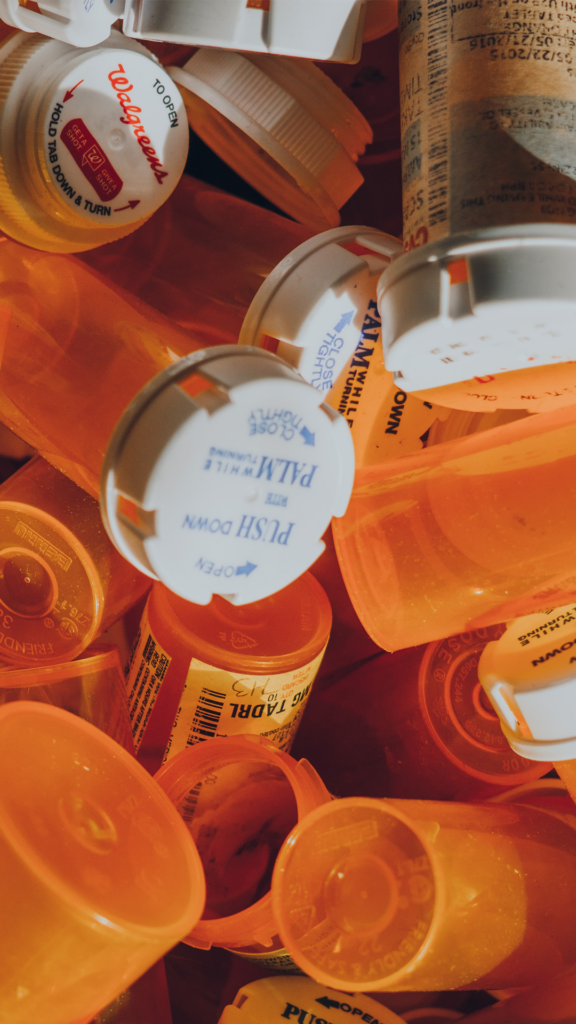
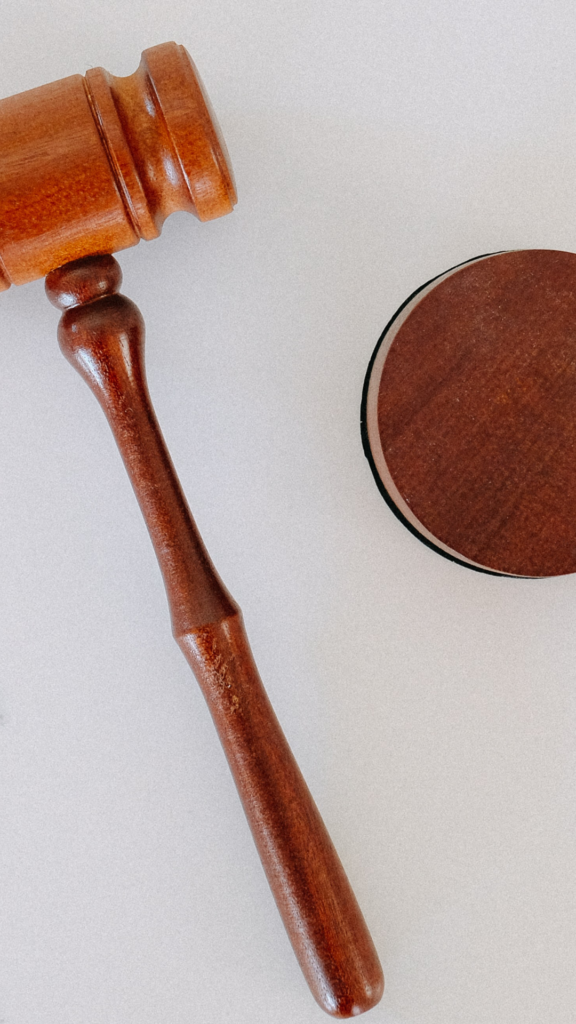
Decriminalisation has led to massive benefits in Portugal, and it can lead to massive benefits in Ireland. At the end of the twentieth century, Portugal faced rising rates of drug-related crime and overdoses. One in every 100 Portuguese struggled with a heroin addiction. However, rather than punish addicts, Portugal ended its own war on drugs through decriminalisation and support for addicts.
Since it decriminalised all drugs in 2001, Portugal has seen dramatic drops in overdoses, and drug-related crime and illness. HIV infection plummeted from an all-time high in 2000 of 104.2 new cases per million to just 4.2 cases per million in 2015. Overdoses dropped from 369 in 1999 to a mere 30 in 2016.
The other road to ending prohibition is the road to legalisation. This is the more complicated, though incredibly effective, route.
Legalisation involves managing where and how the legal drug can be produced, sold, and consumed. This is how we deal with the alcohol market, and the cigarette market, and the market of nearly every product in this country.
Understanding the difference between legalisation and decriminalisation opens the conversation as to why Ireland must end drug prohibition. It opens the conversations to the different benefits legalisaiton and decriminalisation have in different aspects of society. What’s right within the medical world of drugs just might not suit the recreational world. While decriminalisation ends the stigma around drug use, legalisation fully legitimises drugs.
Illicit substances, medical benefits
The medical field is literally built on drugs, but there’s plenty of drugs doctors and clinicians don’t use due to current laws. Ireland needs to introduce new innovations to help those in need.
When it comes to medicinal drugs, “cannabis would be the perfect drug” in McGovern’s eyes as “it seems to be less harmful than other drugs”. To McGovern, cannabis is a diverse drug that can be both decriminalised and fully regulated.
Those against legalisation have called the “medicinal drugs” argument a “Trojan Horse”. They have accused advocates of lying about the benefits of non-traditional drugs for doctors and patients in order to push for recreational drug use. But the simple facts are that drugs like cannabis do have far-reaching benefits for several illnesses.
In Ireland, cannabis is already somewhat used to treat multiple sclerosis, epilepsy, and nausea-related chemotherapy. According to McGovern, however, a regulated market with connections to the medical world would open up even more illnesses to receive treatment through cannabis. Ireland needs to jump on this opportunity.

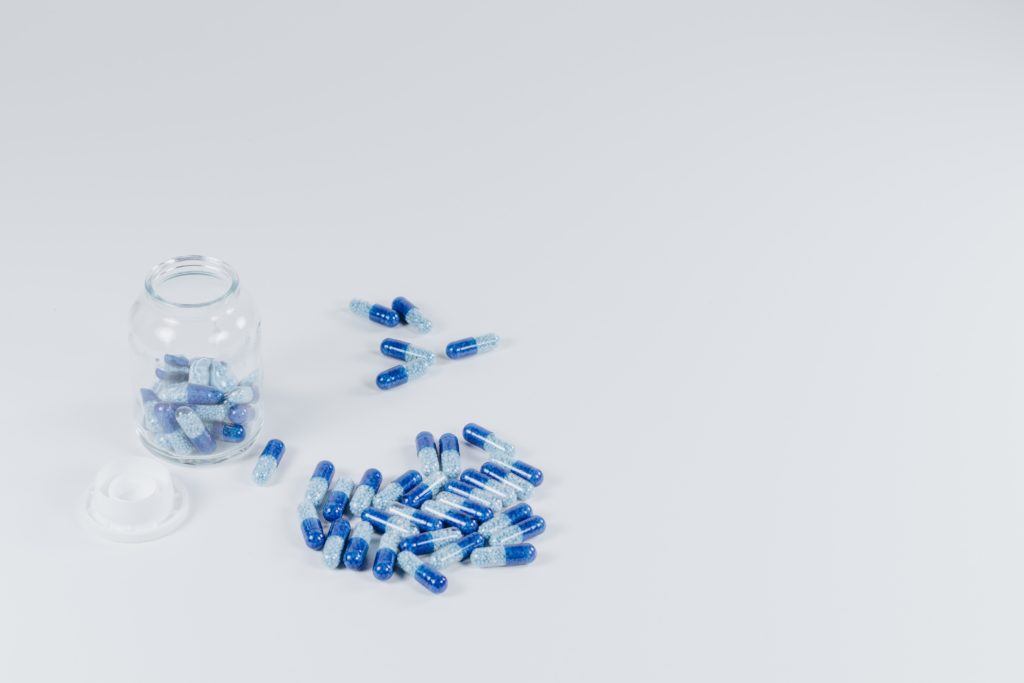
For example, “chronic pain probably has the best evidence of it working, and Ireland has decided ‘no’, even though one third of people in this nation suffer from chronic pain.” wHY
A study from Professor Michael Barnes also found that medical cannabis can treat Tourette’s syndrome, Parkison’s disease, a host of gastrointestinal disorders, as well as depression and anxiety.
And many other drugs could enter the medical world. There is currently growing coverage of the medical benefits of ketamine. The largest study of ketamine therapy ever suggests that at-home sublingual programs of the drug can improve symptoms of depression and anxiety with minimal side effects. And ketamine could also be a “gamechanger” for anyone suffering from chronic pain.
From the doctor’s perspective, legalising drugs for medicine could open a whole new line of research and investigation into the effects of these illicit substances. For patients, however, legalising drugs could open a whole new world of quality and dignity in illness.
Martin Condon has been a decriminalisation activist for fifteen years, but he was also diagnosed with epilepsy in recent years. When traditional medication wasn’t doing what it was supposed to be doing for Martin, he turned to medical cannabis in April. And even though cannabis treats his epilepsy far better than traditional drugs, it has been far harder for Martin to access it.
“My own consultant won’t work with me [on administering cannabis] because of the drug stigma, so I’m left to sort it myself. And the dosage and the consistency is not where it is supposed to be for my condition. Decriminalisation would be welcome, so I’m not seen as a criminal for treating my condition.”
As Martin explains, patients deserve consistency in quality and high standards of care. Putting the drugs they need in the healthcare system will provide that.

Creating a space for recreational drugs
Of course, the main line of argument for advocates is to argue from the side of medicine, from the side of scientists nobly researching the impact of drugs for the betterment of society and the advancement of the human race. But sometimes, people do drugs just because it’s fun. And it’s not a crime.
Decriminalisation would clear a clog in Ireland’s justice system. Martin recalls a time when within one hour, himself and five other people were seen by a judge for carrying illicit substances. When he saw the paperwork that had been done, the hours that had been put into his case for carrying a small amount of cannabis, he wondered how much time and money is wasted on men like him in the justice system in Ireland.
Criminalisation is supposed to be a deterrent for people to not start doing drugs, and a rehabilitation method to get people off them. Neither of these happen. Decriminalising drugs would force Ireland to see that criminalisation never really worked in the first place.
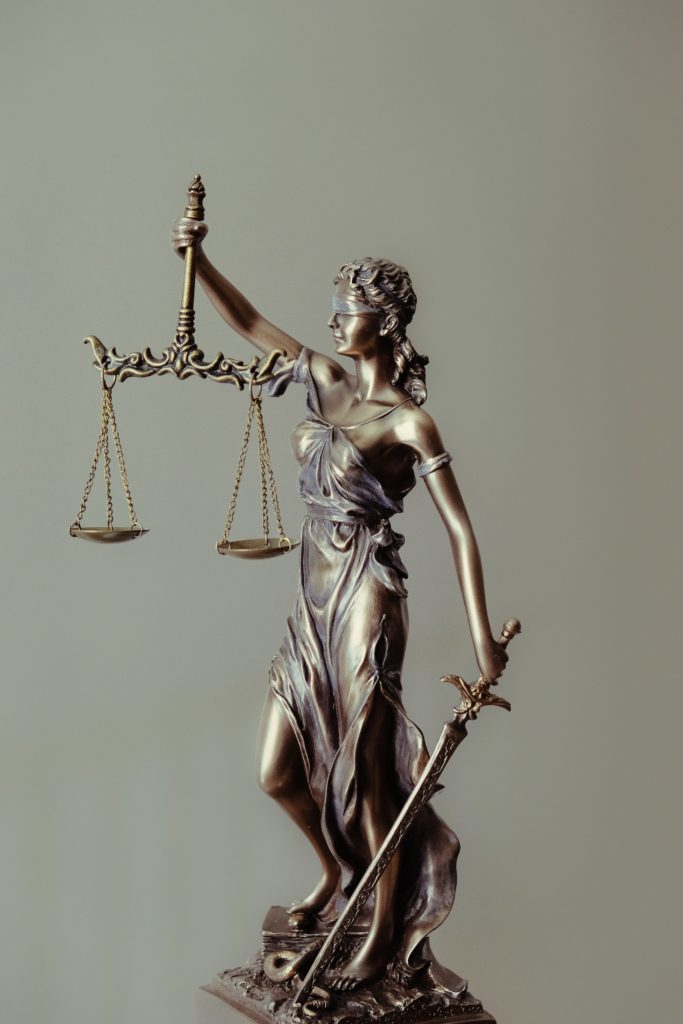

Decriminalising would also lead to safer use, according to Martin. He compared our current situation to the alcohol prohibition era of twentieth century America.
“Before alcohol prohibition was enacted a lot of people were just drinking beers. But afterwards, whiskey and spirits became much more popular and problematic drinking because much more of an issue there was a rise in the gangs that sold it… A lot of the same problems have emerged with drugs in Dublin now.”
Decriminalisation, according to Martin, would turn illicit drugs into substances as simple and direct as alcohol and cigarettes.
Members of anti-cannabis group Cannabis Risk Alliance have argued in the past that cannabis “increased risk of development of severe mental disorders, particularly psychosis,”. They are willfully ignoring, however, that this risk is occuring among people who have not been educated on proper drug use. If drugs like cannabis were to be legalised and regulated, people would gain a better understanding of how to use them properly.
Addiction would still exist in an Ireland that decriminalised drug use, but the way addicts are treated would transform. It would reduce the number of people who get involved in addiction programmes because they are forced to go. Martin said, “I know for a fact there are people going through addiction services who need not be there.”
Decriminalising recreational drugs would add more legitimacy and care to addiction treatment if drug abuse is seen not as a crime, but a public health issue to be resolved.
We need to implement huge reforms to the Misuse of Drugs Act, or scrap it completely for something new, something better. We need to get to work training doctors to use more specialist drugs like cannabis in medical treatments. We need to stop sending addicts to the courthouse, but straight to the clinics.
Martin thinks decriminalisation “is a case of when, and not if”. He thinks that the growing conversations around how drugs would fit in a medical and recreational setting are a sign that one day soon these hypotheticals will become a reality.

